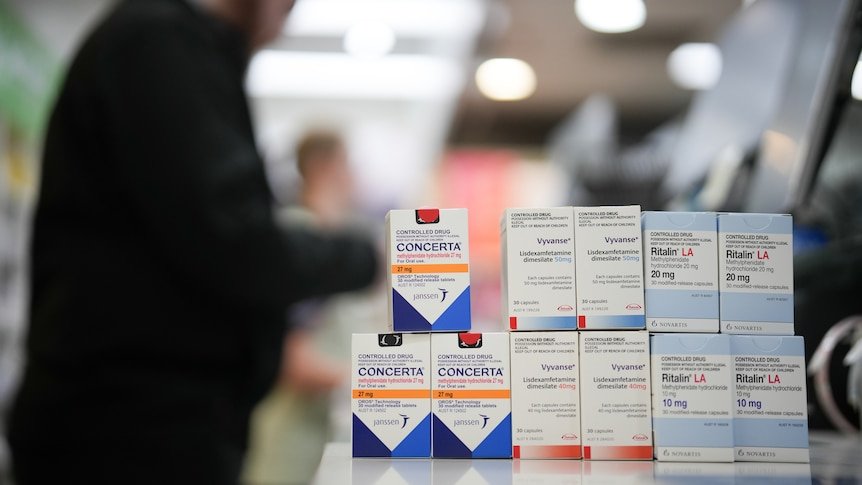The New South Wales government has introduced reforms that empower general practitioners (GPs) to diagnose and treat attention-deficit hyperactivity disorder (ADHD). This initiative aims to improve access to ADHD care and reduce associated costs, following similar changes in Western Australia and Queensland. Previously, only specialists, such as pediatricians and psychiatrists, could diagnose ADHD and prescribe stimulant medications commonly used for treatment.
The reforms respond to significant wait times for ADHD care and the financial burden many individuals face. With GPs receiving training to manage ADHD, patients may find it easier and more affordable to access necessary treatment.
Under the new framework, the NSW government will implement a two-phase plan. In the first phase, approximately 1,000 GPs will undergo training to prescribe ADHD medications effectively. The second phase will involve around 100 GPs who will receive advanced training to perform assessments and diagnoses, initially focusing on children and adolescents before expanding to adults.
Accurate diagnosis is essential for effective ADHD treatment. The recent Senate inquiry into ADHD has emphasized the challenges individuals face, including difficulties with attention, impulsivity, and hyperactivity, which can disrupt daily life across various settings. Individuals diagnosed with ADHD are at risk for negative outcomes, including accidental injuries. Research indicates that stimulant medications can significantly lower these risks when prescribed correctly.
GPs offer greater accessibility compared to specialists, both in availability and cost of services. They are already experienced in managing chronic conditions like diabetes and hypertension. With appropriate training, GPs can leverage their skills to manage ADHD effectively, allowing for ongoing medication prescriptions once a patient is stabilized.
However, challenges remain, particularly for complex cases. Many individuals with ADHD also have co-occurring mental health conditions, such as anxiety, which can lead to overlapping symptoms. For these cases, specialists with multidisciplinary teams—including psychologists and occupational therapists—will still be necessary to ensure comprehensive care and accurate diagnosis.
Collaboration between GPs and specialists will be essential. If GPs lack access to specialist support for complex cases, they may hesitate to provide ADHD care. The current NSW proposal does not clarify how specialist services will be integrated or funded, which is critical for maintaining high-quality care.
Concerns about misdiagnosis also persist. There have been instances where patients were incorrectly diagnosed with ADHD due to inadequate assessments. This raises questions about the potential for both over-diagnosis and under-diagnosis in the population. Current estimates suggest that about 7% of Australian children and 2.5% of adults have ADHD, with treatment rates for children around 6%. However, in adults over 45, medication use remains low, indicating that many may not receive the necessary support.
The debate over ADHD diagnosis continues, highlighting the importance of accurate assessments. The Australian ADHD guidelines stress that training and skills should dictate who assesses and diagnoses ADHD, rather than the professional title. GPs can develop these competencies but will require sufficient training and time to conduct thorough evaluations.
Furthermore, while medication is effective for treating ADHD, it should not be the sole treatment option provided. Research shows that medication is often relied upon more heavily in disadvantaged areas, where access to other support systems is limited. The recent reforms will need to ensure that psychological and allied health supports are available to complement medication for optimal ADHD care.



